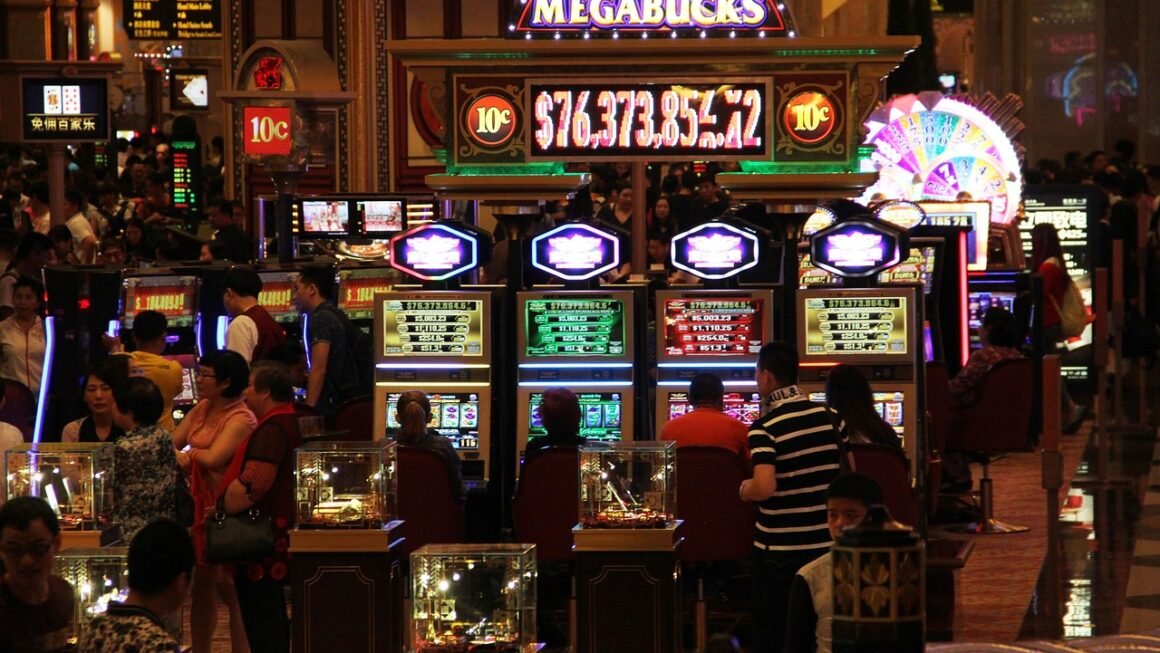Festivals. The very word conjures images of vibrant colors, pulsating music, tantalizing aromas, and a palpable sense of community. From ancient harvest celebrations to modern-day music extravaganzas, festivals have been an integral part of human culture for millennia, offering a unique opportunity to escape the ordinary, celebrate traditions, and connect with others. But what exactly defines a festival, and why are they so deeply woven into the fabric of our lives? Let’s delve into the world of festivals and uncover their multifaceted significance.
Understanding the Essence of Festivals
Festivals are more than just gatherings; they are carefully constructed experiences designed to evoke specific emotions, commemorate important events, or celebrate shared values. They offer a break from the mundane, allowing participants to immerse themselves in a unique atmosphere.
Defining Characteristics of a Festival
- Celebration: At the heart of every festival lies a celebration of something, whether it’s a religious holiday, a harvest season, a cultural heritage, or simply the joy of life itself.
- Community: Festivals foster a sense of belonging and shared identity, bringing people together from diverse backgrounds to participate in a common experience.
- Ritual and Tradition: Many festivals are steeped in ritual and tradition, passed down through generations, reinforcing cultural values and beliefs. Consider Diwali, the Hindu festival of lights, with its intricate rituals involving lamps, sweets, and family gatherings.
- Entertainment: From music and dance to theatrical performances and games, festivals provide a platform for entertainment and artistic expression. Think of the Edinburgh Fringe Festival, a sprawling showcase of performing arts.
- Food and Drink: Food and drink are integral to the festival experience, often reflecting local culinary traditions and seasonal ingredients. Oktoberfest in Germany is synonymous with beer and pretzels.
The Historical Significance of Festivals
Festivals have been around since the dawn of civilization. Ancient cultures used festivals to mark agricultural cycles, honor deities, and celebrate important milestones.
- Ancient Greece: The Olympic Games, held every four years, were a religious and athletic festival dedicated to Zeus.
- Ancient Rome: The Saturnalia, a winter festival dedicated to the god Saturn, was a time of feasting, merrymaking, and social upheaval.
- Medieval Europe: May Day celebrations marked the arrival of spring with flower garlands, Morris dancing, and the crowning of a May Queen.
Types of Festivals Around the World
The diversity of festivals around the world reflects the rich tapestry of human culture and traditions. They range from religious observances to secular celebrations, each with its unique flavor and purpose.
Religious Festivals
Religious festivals are often associated with specific deities, saints, or religious events. They are a time for prayer, reflection, and communal worship.
- Christmas: A Christian festival celebrating the birth of Jesus Christ, marked by gift-giving, family gatherings, and religious services.
- Eid al-Fitr: A Muslim festival marking the end of Ramadan, the month of fasting, celebrated with prayers, feasts, and charitable giving.
- Holi: A Hindu festival of colors, celebrating the victory of good over evil with vibrant colors, music, and dance.
Cultural Festivals
Cultural festivals celebrate a specific culture or heritage, showcasing its unique traditions, art, music, and food.
- Carnival in Rio de Janeiro, Brazil: A vibrant celebration of Brazilian culture with elaborate costumes, samba music, and street parades.
- Oktoberfest in Munich, Germany: A traditional Bavarian festival celebrating beer, food, and music.
- Chinese New Year: A major celebration in China and around the world, marked by dragon dances, fireworks, and family reunions.
Music Festivals
Music festivals are a celebration of music in all its forms, bringing together artists and fans from diverse backgrounds.
- Glastonbury Festival, UK: One of the world’s largest and most famous music festivals, featuring a diverse lineup of artists across multiple genres.
- Coachella Valley Music and Arts Festival, USA: A popular music festival known for its star-studded lineup, fashion trends, and art installations.
- Tomorrowland, Belgium: An electronic dance music festival known for its elaborate stage designs, immersive atmosphere, and world-renowned DJs.
Benefits of Attending Festivals
Attending festivals offers a multitude of benefits, from personal enrichment to social connection. They provide opportunities for learning, entertainment, and cultural immersion.
Personal Enrichment
- Exposure to New Cultures: Festivals offer a window into different cultures, allowing you to experience new traditions, customs, and perspectives.
- Enhanced Creativity: The vibrant atmosphere and artistic expression at festivals can stimulate your creativity and inspire new ideas.
- Stress Relief: Festivals provide a break from the routine, allowing you to relax, unwind, and enjoy yourself in a festive environment.
Social Connection
- Meeting New People: Festivals are a great place to meet people from diverse backgrounds who share your interests.
- Strengthening Relationships: Attending festivals with friends and family can strengthen your bonds and create lasting memories.
- Building Community: Festivals foster a sense of belonging and shared identity, connecting you to a larger community of like-minded individuals.
Economic Impact
- Tourism Revenue: Festivals generate significant revenue for local economies, attracting tourists and supporting local businesses. For example, the Edinburgh Fringe Festival contributes millions of pounds to the Scottish economy each year.
- Job Creation: Festivals create jobs in various sectors, including hospitality, entertainment, and transportation.
- Cultural Preservation: By showcasing local traditions and artistic expressions, festivals help to preserve cultural heritage and promote tourism.
Planning Your Festival Experience
Attending a festival requires careful planning to ensure a safe, enjoyable, and memorable experience.
Research and Selection
- Identify Your Interests: Consider your interests and preferences when choosing a festival. Are you passionate about music, art, food, or culture?
- Read Reviews: Check online reviews and testimonials to get an idea of the festival’s atmosphere, organization, and overall experience.
- Consider the Location: Choose a festival that is easily accessible and offers comfortable accommodation options.
Budgeting and Booking
- Set a Budget: Determine how much you are willing to spend on travel, accommodation, tickets, food, and other expenses.
- Book in Advance: Book your tickets and accommodation well in advance, especially for popular festivals, to avoid disappointment and secure the best deals.
- Look for Discounts: Check for discounts and promotions offered by the festival organizers or travel agencies.
Packing Essentials
- Comfortable Clothing and Footwear: Pack comfortable clothing and footwear suitable for the weather conditions and the festival’s activities.
- Sun Protection: Protect yourself from the sun with sunscreen, sunglasses, and a hat.
- Hydration: Stay hydrated by bringing a water bottle and refilling it regularly.
- First-Aid Kit: Pack a small first-aid kit with essential medications and supplies.
Navigating Festivals Responsibly
Being a responsible festival-goer is crucial for ensuring the safety and enjoyment of yourself and others, as well as minimizing the festival’s environmental impact.
Safety and Security
- Stay Aware of Your Surroundings: Be aware of your surroundings and avoid walking alone at night.
- Keep Valuables Secure: Keep your valuables secure in a safe place and avoid displaying them unnecessarily.
- Stay Hydrated: Drink plenty of water to avoid dehydration, especially in hot weather.
- Know Your Limits: Be aware of your alcohol consumption and avoid excessive drinking.
Environmental Responsibility
- Reduce Waste: Minimize your waste by bringing reusable water bottles, food containers, and shopping bags.
- Recycle: Dispose of your waste properly by using recycling bins provided by the festival organizers.
- Respect the Environment: Avoid littering and damaging the natural environment.
- Use Public Transportation: Use public transportation or carpool to reduce your carbon footprint.
Conclusion
Festivals are powerful cultural expressions that offer opportunities for celebration, connection, and personal enrichment. By understanding the essence of festivals, planning your experience carefully, and navigating them responsibly, you can unlock a world of vibrant experiences and create lasting memories. So, embrace the spirit of festivity, immerse yourself in the local culture, and embark on an unforgettable adventure. The world of festivals awaits!


